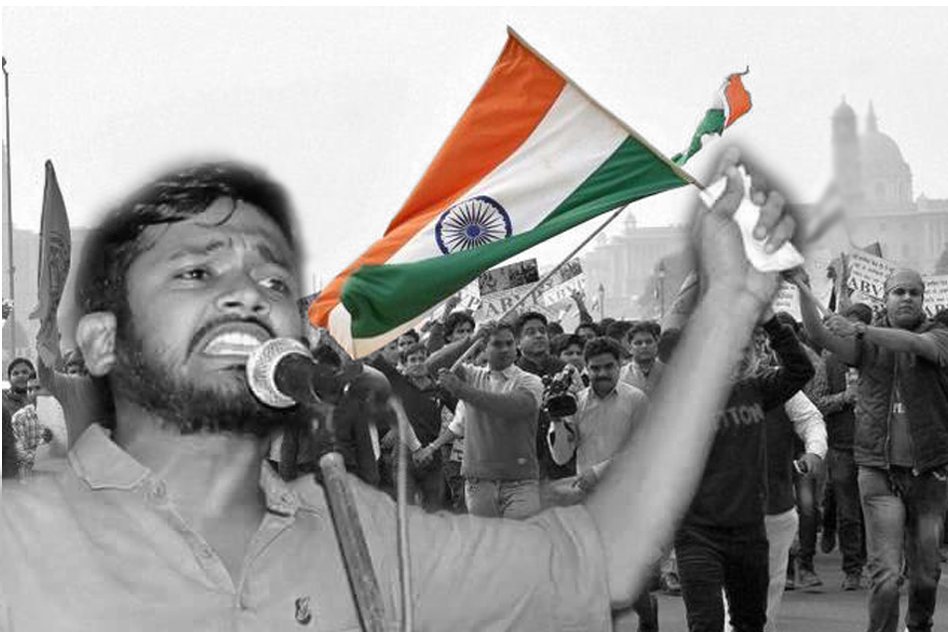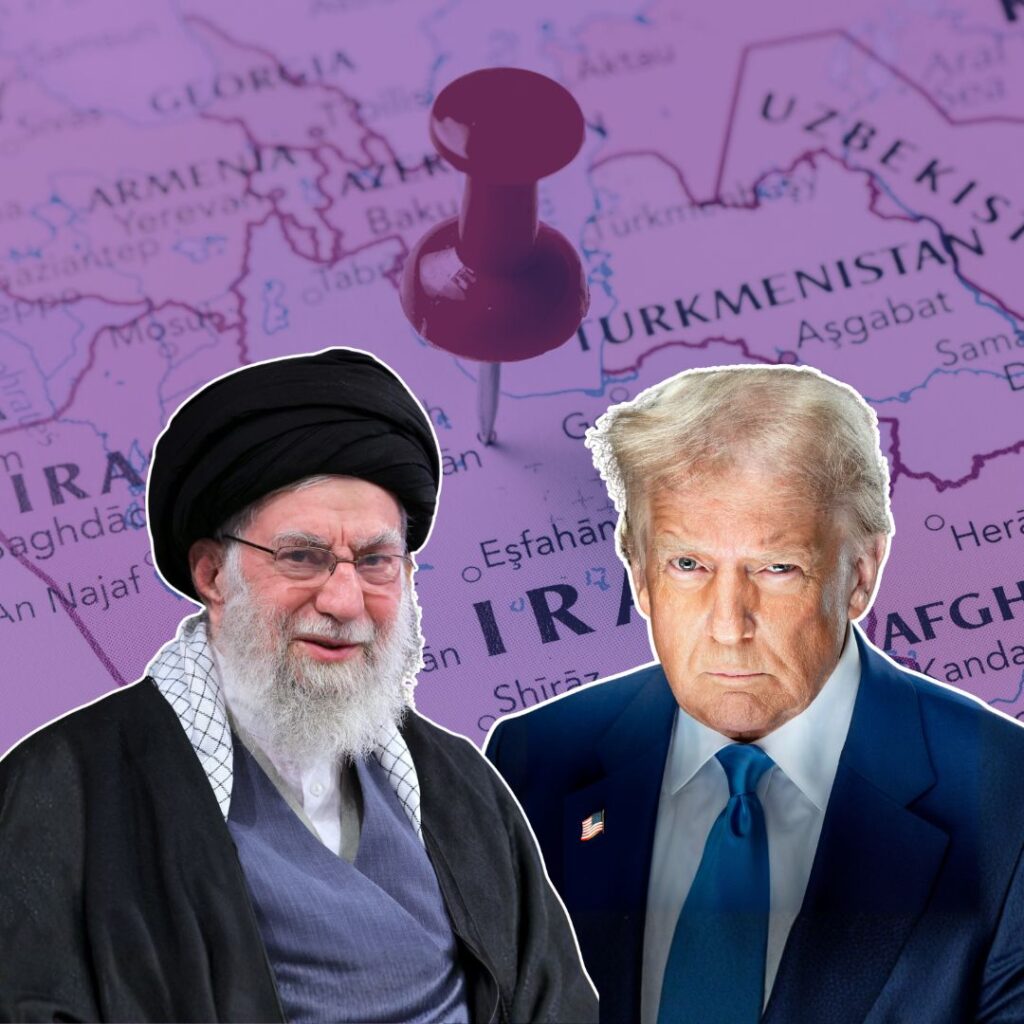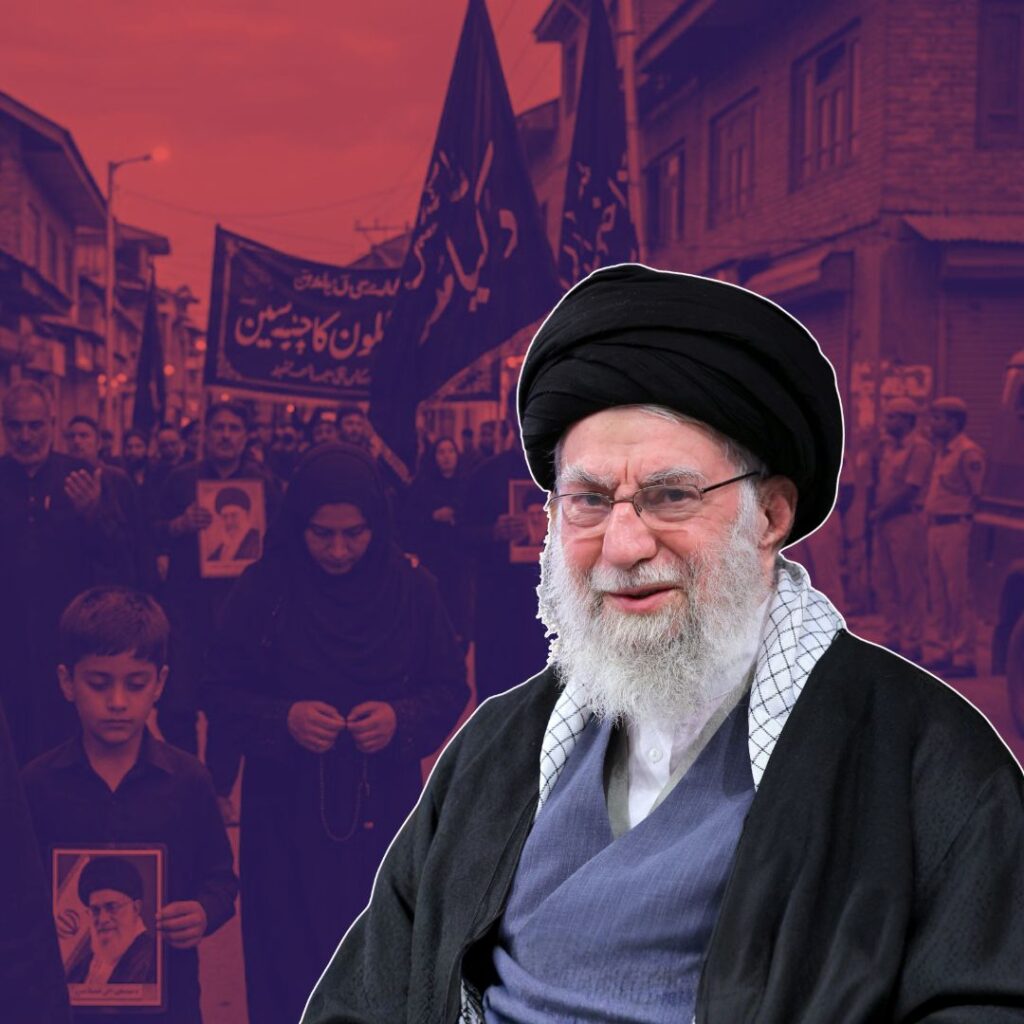Image Courtesy: abplive | thehindu
How free should free speech be – that is the question.
Let us put aside our politics. No more BJP or Congress or AAP. Let us instead embrace logic, evidence and think about this in a rational manner. It is absolutely crucial that we are not swayed by the opinions of whoever we voted for in the last election. This is possibly the most important debate we will ever have; this is a debate which is the very basis of our democracy. And since we are citizens in a democracy, what we think about this topic matters extremely.
How free should free speech be?
Virtually all of us agree that free speech is mandatory in a modern, progressive democracy. There is no debate to be had there.
The conflict arises on the question that follows our championship of free speech: “How free should free speech be?”
There are those who think that free speech comes with limitations; that laws curbing extreme forms of speech that border on sedition or aim to hurt religious sentiments should be in place. Indeed, the Supreme Court in 2015 recognized that there is a “constitutional limitation” attached to free speech. The apex court was talking about Article 19(2) of our Constitution. Article 19(1) of the Constitution gives every citizen the right to freedom of expression while 19(2) allows laws to be made under the “reasonable restrictions” clause.
Then there are those who opine that the only form of free speech which is real is absolute free speech. These activists say that freedom of expression must include the license to offend. They say the only way for a democracy to be able to march forward and become more inclusive is by providing a platform for all opinions, no matter how distasteful they may be. This means allowing all opinions, engaging with some of them but curbing none of them. Christopher Hitchens once wrote, “… wherever the light of free debate is extinguished, the darkness is much deeper, more palpable and more protracted. But the urge to shut out bad news or unwelcome opinions will always be a very strong one, which is why the battle to reaffirm freedom of speech needs to be refought in every generation.”
This is the first part of this ageless debate. The next query is this: “If you think free speech comes with limitations, who will adjudge whether the limitations are extreme enough to curb, and how do you define or list these limitations?” Another query is, “Who is to impose these limitations – should the Government be able to decide on the limits of free speech in a democracy?“.
These questions seem deceptively simple but they can be debated on for hours on end inconclusively. What we can declare with utmost confidence is that in this debate the thoughts and opinions of each and every one of us matters. The debate that has been raging across India following the JNU incident is of utmost importance – which is why we need to actively participate in it, while at the same time keep in mind to bring to the table facts and civility.
We must strive to keep in mind the following simple-yet-significant points:
- Vaguely defined laws are anathema to a democracy; laws cannot be ambiguous or subjective, they must be direct and blunt.
- No matter what, there will always be troublemakers in society who will misuse vaguely-worded laws, break the law or take advantage of the nonexistence of laws.
- In the JNU case, we must remember that “sedition” is a broad concept which needs to be narrowed when talked about. And terms like “anti-national” or “terrorists” are highly subjective and thus need to be explained first.
- If we think there should be limitations to free speech, it is quintessential that these limitations are extensively discussed and elaborately listed.
- If we think that free speech should have no Government-defined limits, we must find solutions to ensuring that peace and order in society is maintained.
Voter here and participate:
POLL: Should a Government be able to decide on the limits of free speech in a democracy?
— The Logical Indian (@LogicalIndians) February 15, 2016
The Logical Indian requests its community members to discuss the issue of free speech both online and offline. On comment sections, threads, blogs, dining rooms, hostel dorms, class rooms, public transport – this is the national debate, and we are in the middle of it. It is necessary that we take part in it to take an informed stand on the issue.











